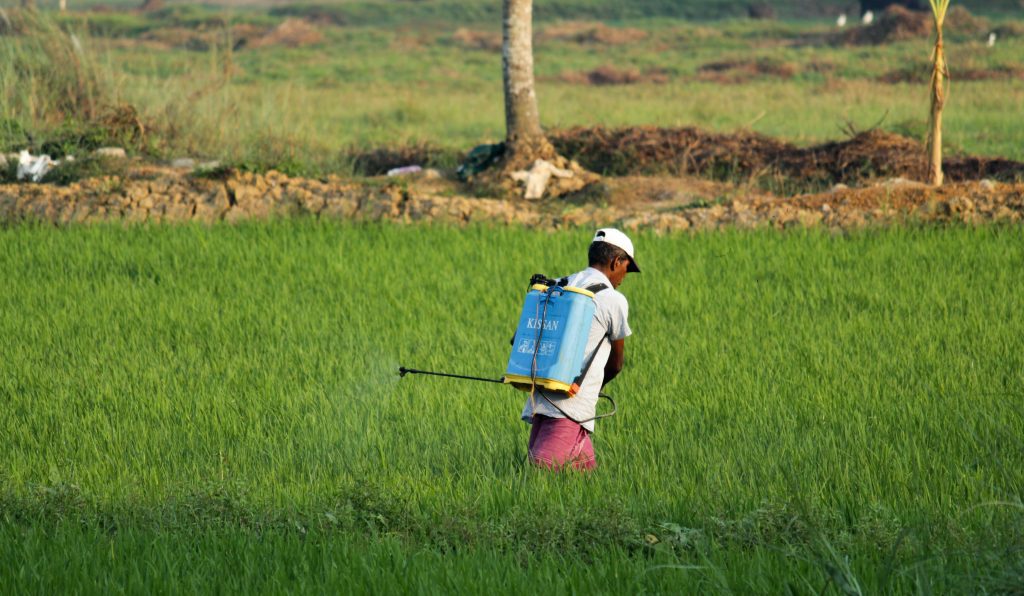The Environmental And Health Effects Of Pesticide Residue In Fruits And Vegetables
Vegetables and fruits are crucial to a healthy diet. However, not all of them are created equal when it comes to pesticide residue. In fact, some fruits and vegetables have been found to contain high levels of pesticides, which can have harmful effects on both human health and the environment.

According to the Environmental Working Group’s (EWG), the top 12 vegetables and fruits with the most elevated levels of pesticide residue include kale, spinach, apples, grapes, peaches, cherries, and more. These crops have been found to contain up to 50 different pesticides, with some samples showing as many as 17 different pesticides.
The use of pesticides in agriculture has been linked to a number of environmental problems, such as the pollution of waterways and harm to wildlife. Pesticides can also contribute to the decline of bee populations, which play a crucial role in pollination and food production.
Additionally, the use of pesticides can lead to the development of resistant strains of pests, which can ultimately result in the need for stronger and more toxic pesticides. Moreover, pesticide exposure has been linked to various health issues, including cancer, reproductive problems, and developmental disorders.

Children are particularly vulnerable to the harmful effects of pesticides, as their bodies are still developing, and they consume more fruits and vegetables per pound of body weight than adults.
While eating a variety of fruits and vegetables for a healthy diet is important, it is crucial to be fully aware of the potential risks associated with pesticide residue. By choosing organic or pesticide-free produce whenever possible, consumers can help reduce their exposure to harmful chemicals and contribute to a healthier environment.
